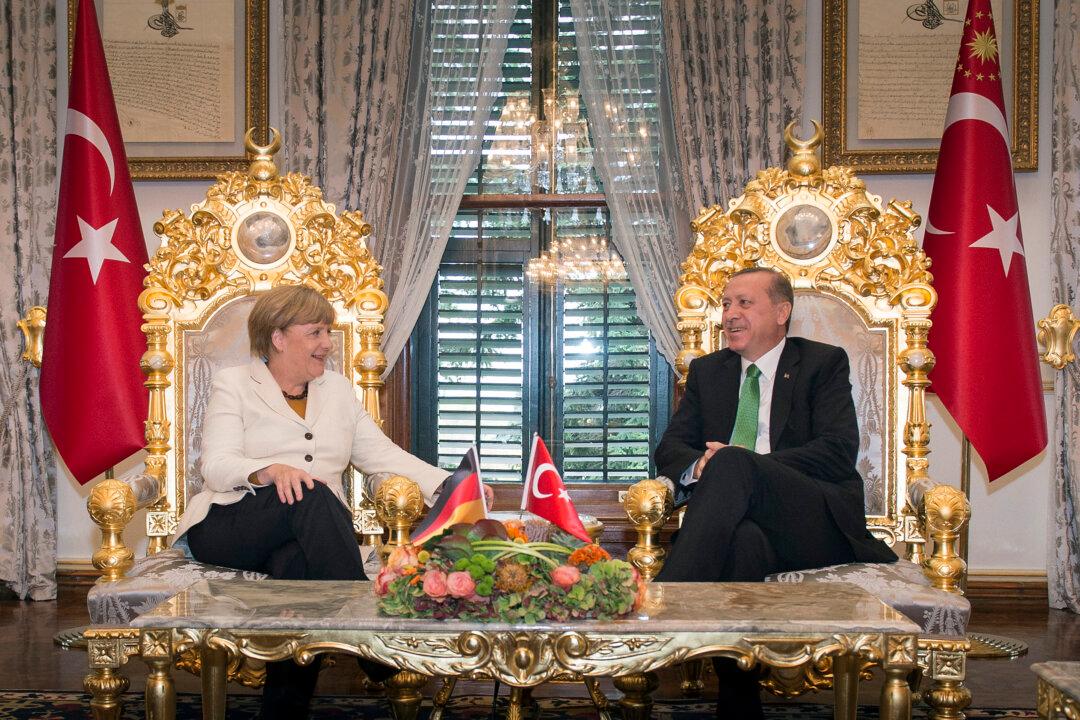The EU has struck a deal with Turkey designed to stem the flow of Syrian refugees into Europe. It offers Turkey a multibillion euro aid package to handle refugees and take back refugees who entered the EU from Turkish territory, eventually giving them a legal right to settle and work.
In return, the halted talks on advancing Turkey’s EU membership bid will be jump-started, and the EU will accelerate visa-free access for Turks who want to visit the Schengen area.
The deal certainly looks like a win-win scenario for President Recep Tayyip Erdogan and his ever-pragmatic counterparts in Europe. Many of them fervently blocked Turkey’s accession to the EU only a few years ago after deciding Turkey’s human rights record was not befitting an EU member state. Now, with the prospect of relief from the refugee crisis, those concerns seem to have been shelved.
